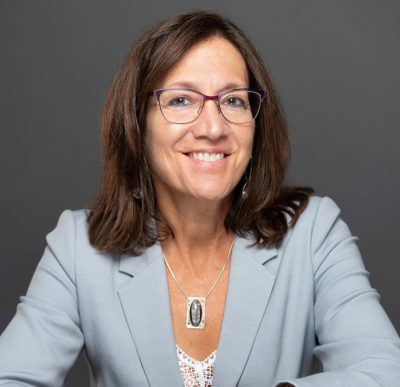UNC researchers receive NC Evaluation Fund Grant to support Project RESTART
November 20, 2022
Domestic Violence Intervention Programs (DVIPs), which are also known as Batterer Intervention Programs, are court-mandated programs originally designed to address male violence against female partners. DVIPs are intended to be an alternative to incarceration and aim to reduce recidivism related to acts of domestic violence.
But could these intervention programs be improved?
Members of Project RESTART (Restorative, Effective Solutions Toward Accountability, Responsibility and Treatment) think so. They are working to develop a theory- and evidence-based DVIP model that incorporates restorative justice, trauma-informed programming, wrap-around services, partnerships with social justice and economic opportunity organizations, and communication strategies that prioritize survivor-centered content.
Now, the interdisciplinary collaboration has received a funding award from the North Carolina Office of State Budget and Management’s N.C. Evaluation Fund Grants program.

Dr. Deborah Weissman

Dr. Beth Moracco
Project RESTART is co-led by two UNC-Chapel Hill researchers. Beth Moracco, PhD, is an associate professor of health behavior at the UNC Gillings School of Global Public Health and the associate director of the UNC Injury Prevention Research Center (IPRC). Deborah M. Weissman, JD, is the Reef C. Ivey II Distinguished Professor of Law at UNC’s School of Law and the chair of the North Carolina State Domestic Violence Commission.
Other RESTART team members include doctoral students Julia Campbell, MPH (Gillings School and IPRC); Sydney Nicolla, MA (Hussman School of Journalism and Media); Mallory Verez (School of Law); Savannah Morgan (former School of Law student, now with Legal Aid NC); and graduate students Julia Weinrich and Bridget Nelson (Gillings School), and Scarlett Hawkins (Global Studies).
“DVIPs have the potential to mitigate a type of violence experienced within the family, perhaps the most intimate of all social arrangements,” Weissman says. “The importance of DVIPs as entities to address domestic violence is presently the subject of national conversations.”
Project RESTART began in response to the need for updated, comprehensive and evidence-based approaches to DVIPs. Currently, there is a lack of consensus on what constitutes “success” for DVIPs and on how to measure program effectiveness.
With the N.C. Evaluation Fund’s support, the Project RESTART team will develop assessment tools to measure existing and innovative approaches to DVIPs, ultimately laying the foundation for the development and evaluation of a model DVIP.
“The N.C. Evaluation Fund has created an exciting opportunity for our team to partner with the Council for Women and Youth Involvement to contribute to the evidence base related to DVIPs,” Moracco notes. “The resulting assessment tools will help policymakers and practitioners make data-driven decisions about programmatic priorities and resource allocation, ultimately enhancing domestic violence prevention, offender accountability and community healing.”
The North Carolina Evaluation Fund was established in 2021 to support research partnerships with state agencies that inform policy and program decisions. Proposed projects must be state agency-driven, action-oriented and represent a partnership between the state agency and researchers. Moracco and Weissman partnered with the N.C. Department of Administration’s Council for Women and Youth Involvement, the state agency that advises the governor, state legislatures and departments, and administers funding to domestic violence and sexual assault programs in North Carolina.
In a recent press release, Danielle Carman, the director of the Council for Women and Youth Involvement, notes: “Ultimately, we hope that by thoroughly evaluating ways to incorporate restorative justice practices, trauma-informed programming and wrap-around services into Domestic Violence Intervention Programs, we will be able to clearly identify best practices that achieve better outcomes for families and communities affected by domestic violence.”
Contact the UNC Gillings School of Global Public Health communications team at sphcomm@unc.edu.
